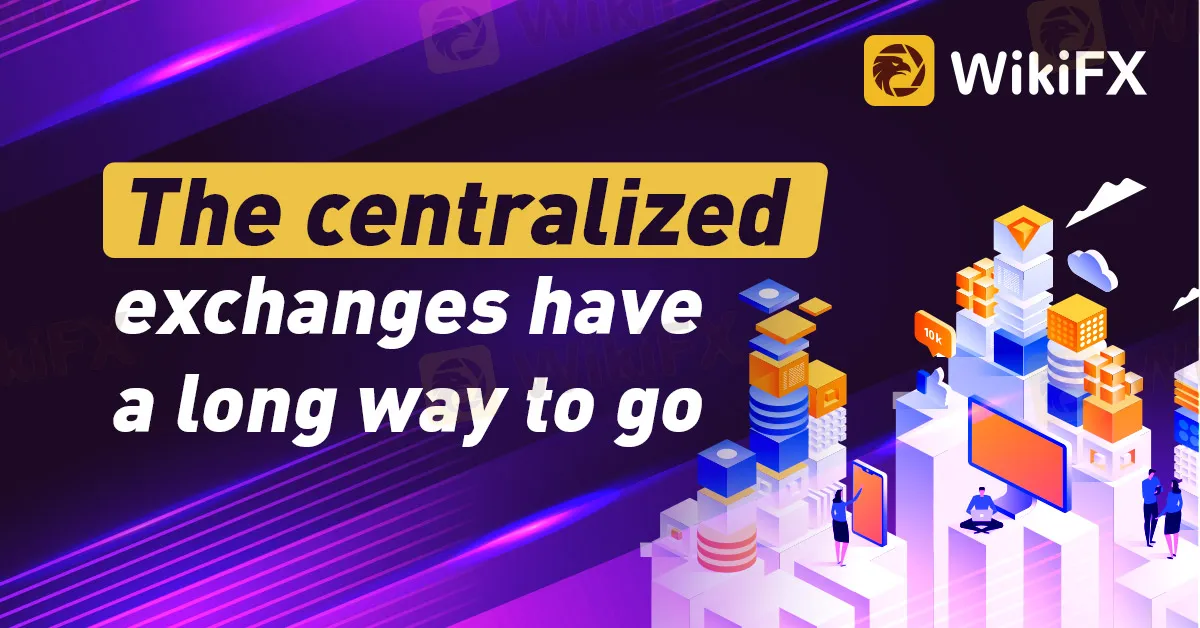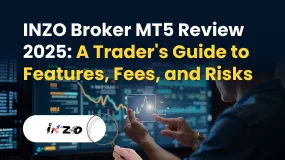Abstract: Is Binance being used by fraudsters when it froze client funds without even giving notice?

Details
Recently, one exposure case about Binance caught our eye. According to some Chinese investors, Binance in Turkey froze their assets without doing a further investigation because “the police” asked Binance to do so. “The police” accused the investors of violating the laws and asking the investors to give the money to a “third party who is the real owner of the money.” Investors think the money belongs to them, not some third party. It is also suspected that these so-called policemen are fraudsters in disguise.


Is the police real?
We're not sure if the cops are real. Or maybe they are fraudsters who pretend to be police. and they ask the investor to give up the money. Even worse, Binance absolutely stands with the “police.” The weird thing is that the police ask the investor to settle things behind closed doors rather than through a formal and legal body such as the courts.
There were a number of customers unhappy with Binance's role as an accomplice, as well as investors unhappy about the shortcomings of the centralized exchange. “Centralized exchange has a long way to go”. That resonates with many investors.
What is a Centralized Exchange?
A centralized exchange is a business model similar to traditional asset exchanges like stock exchanges that coordinates cryptocurrency trading on a large scale. All transactions are monitored by a third party to ensure that they are secure. To ensure that transactions are safe, traders deposit their funds into an intermediary account for a specified period of time.
To trade with a centralized exchange, you have to submit your personal information for verification before transacting. Centralized exchanges are easy to use, but they have very complex compliance principles that some users may not like. Some users find it difficult to share their personal details when transacting.
What is a Decentralized exchange?
A decentralized exchange allows crypto traders to buy and sell digital assets like cryptocurrencies without intermediaries, which means traders do not have to deposit their funds into a third-party account when transacting.
Note that decentralized exchanges are usually based on blockchain technology and allow peer-to-peer trading, which does not require users to seek permission to buy or sell digital assets. This also means traders can use escrow systems or proxy tokens.
Conclusion
It is rare for Binance, the representative of centralization exchange, to freeze client funds on a large scale. Many investors have reacted directly to Binance. Binance agents replied that they were treating the matter as a matter of urgency. But so far there has been no tangible progress. The problem is whether the so-called “police” are true or not. If so, why not contact investors through formal and legal channels rather than blackmail investors on private chat platforms? If the cops were fraudsters in disguise, why did Binance follow the fraudsters' instructions to freezing investors' money without further investigation? We will continue to monitor developments, but perhaps as some investors say, “Centralized exchange has a long way to go.”













